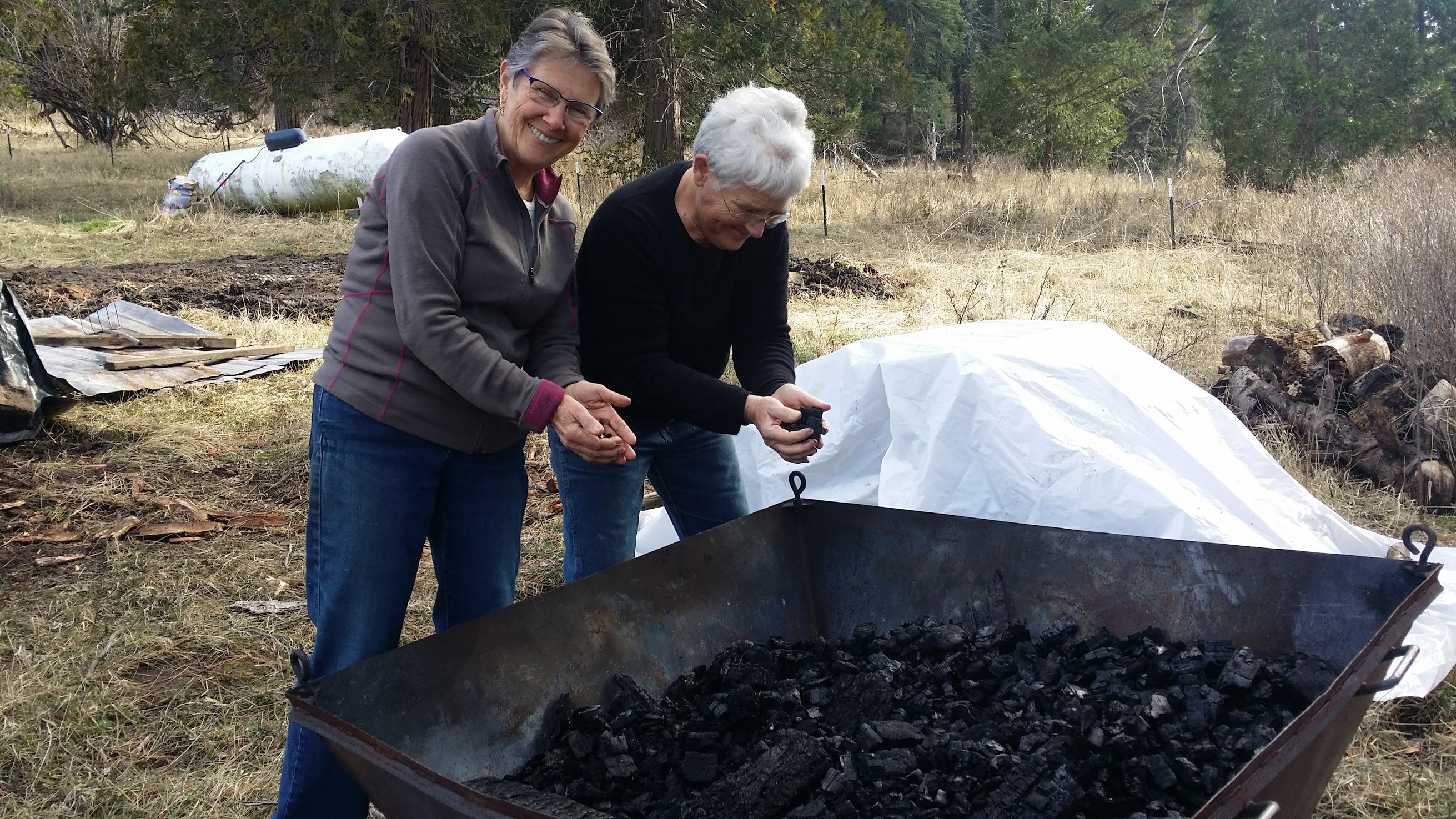
Biochar
In Brazil's Central Amazonian Basin scientists have studied how these farm
Can Biochar Reduce Hydrogen Sulfide (H2S) Toxin?
Some construction and demolition (C&D) fines that contain gypsum emit H2S toxin.
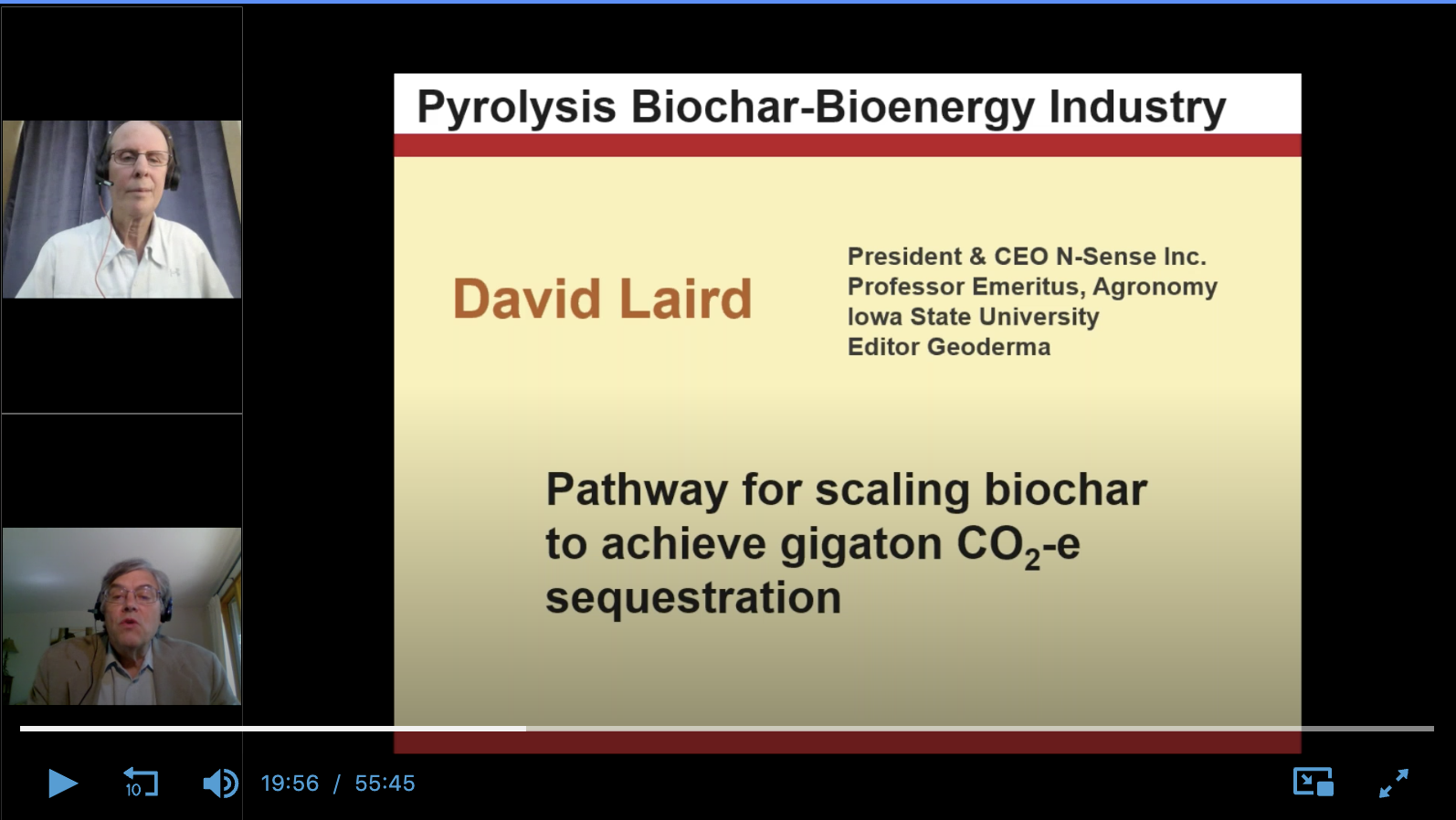
Biochar can sequester carbon in soil – so why aren’t farmers using it?
One of the most effective and long-lasting ways farmers can move carbon from the atmosphere into the soil is to use biochar. But if it is so…

Sustainability Seminar Series: The Ingenuity Of Biochar For Soil & Water Health
Healthy food and water are matters of national urgency, security and resilience, especially during the Covid 19 pandemic.
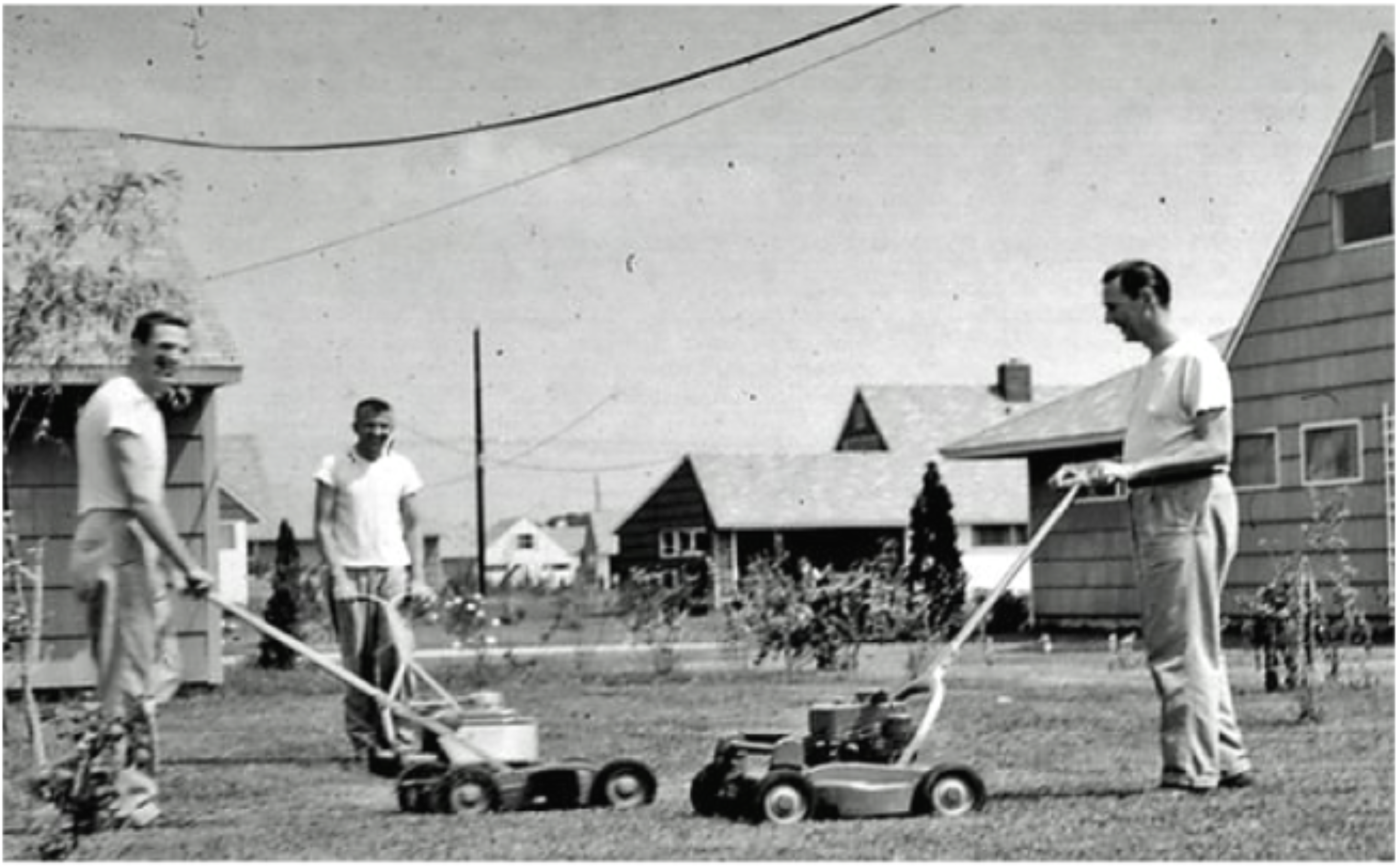
“Let the Green, Save Green” Urban Soil Restoration: Helping Communities Meet Stormwater Management Requirements
In the US, lawns are the largest agricultural crop at approximately 40 million acres and growing. These acres can act as green infrastructure…
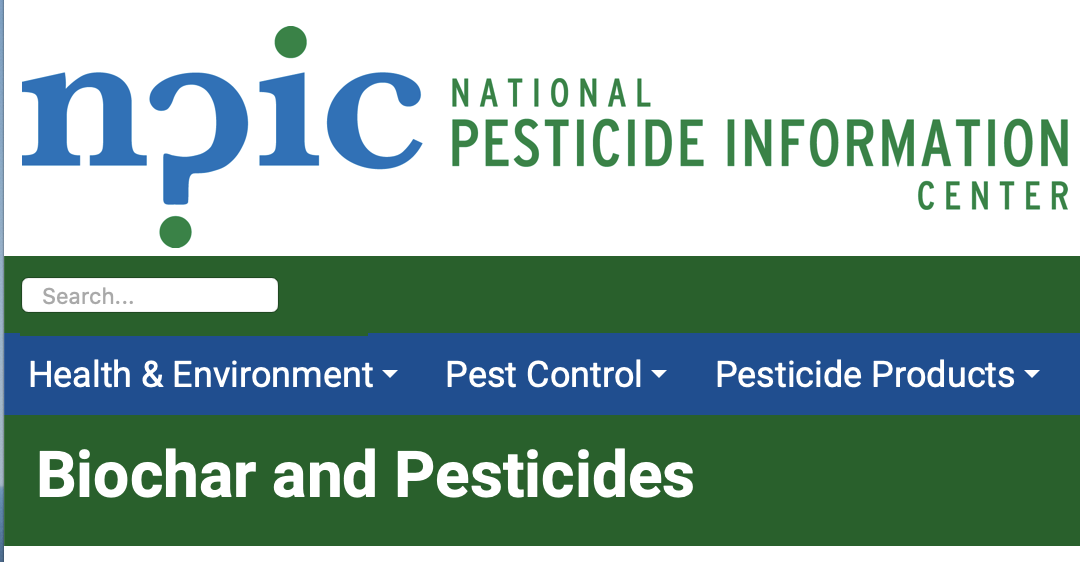
Biochar and Pesticides
This short summary from the National Pesticide Information Center reviews the effects of biochar on pesticides in soil. Biochar can bind to…
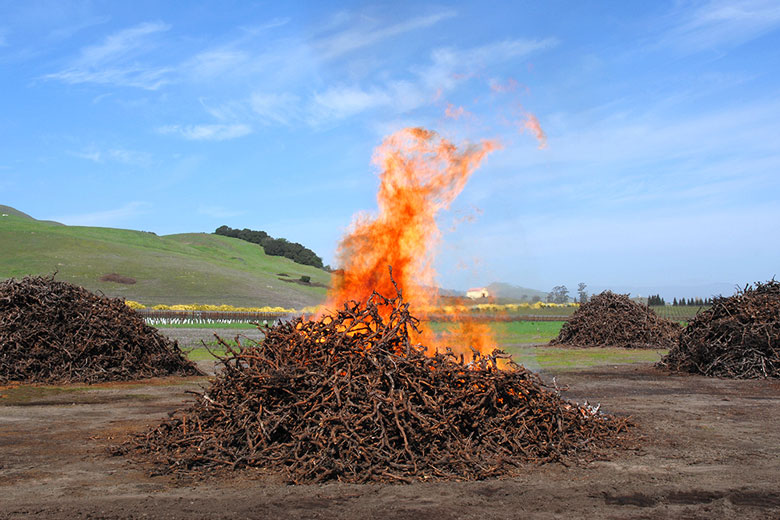
WHAT’S BIOCHAR? HOW TO STABILIZE CARBON IN YOUR SOIL
Biochar, otherwise known as charcoal, is an age-old method of increasing soil health. Learn more about the science and how to make your own biochar…
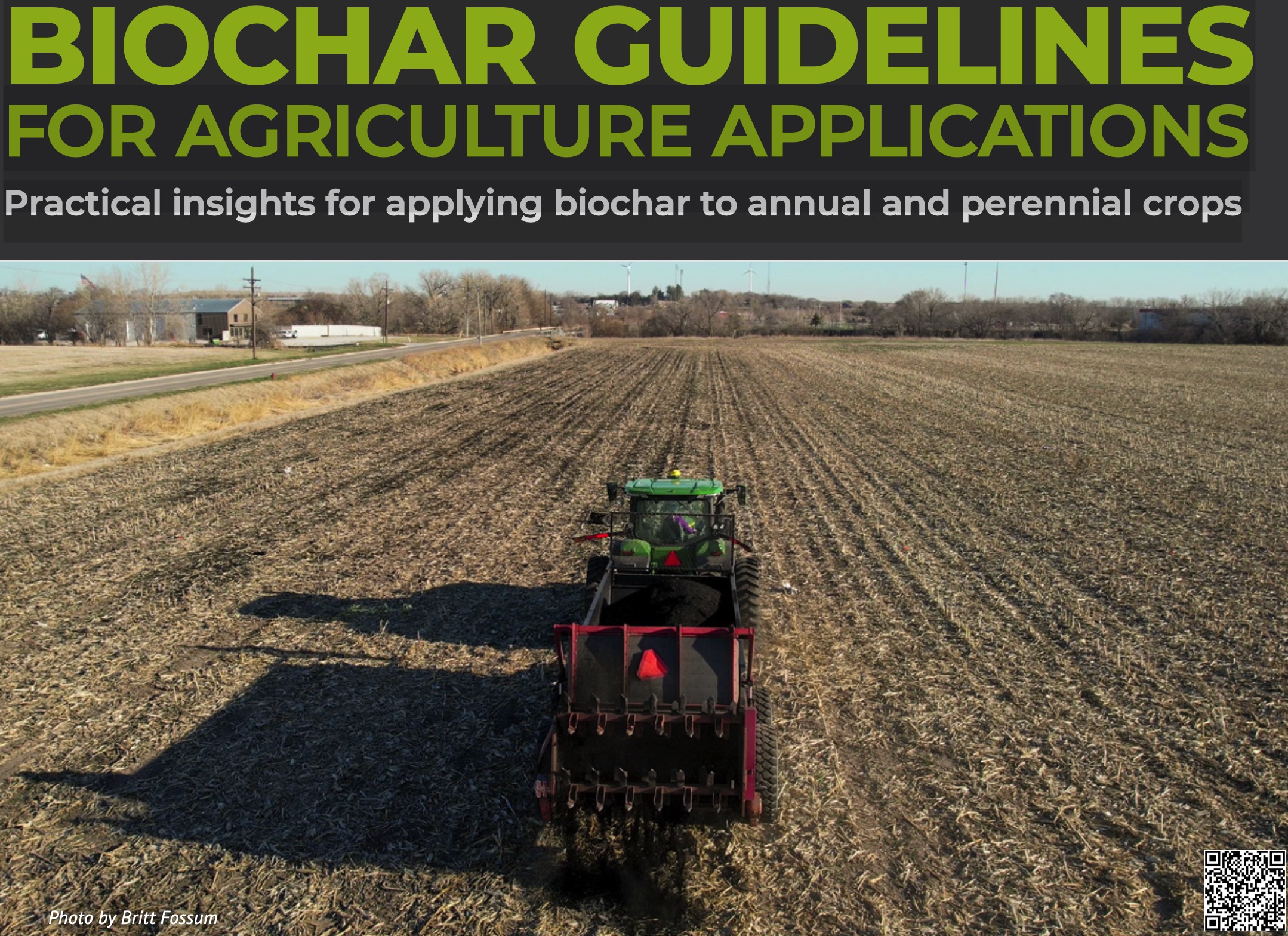
Biochar Crop Application Guidelines
Biochar Guidelines for Agriculture Applications (Part 1) Practical insights for applying biochar to annual and perennial…

